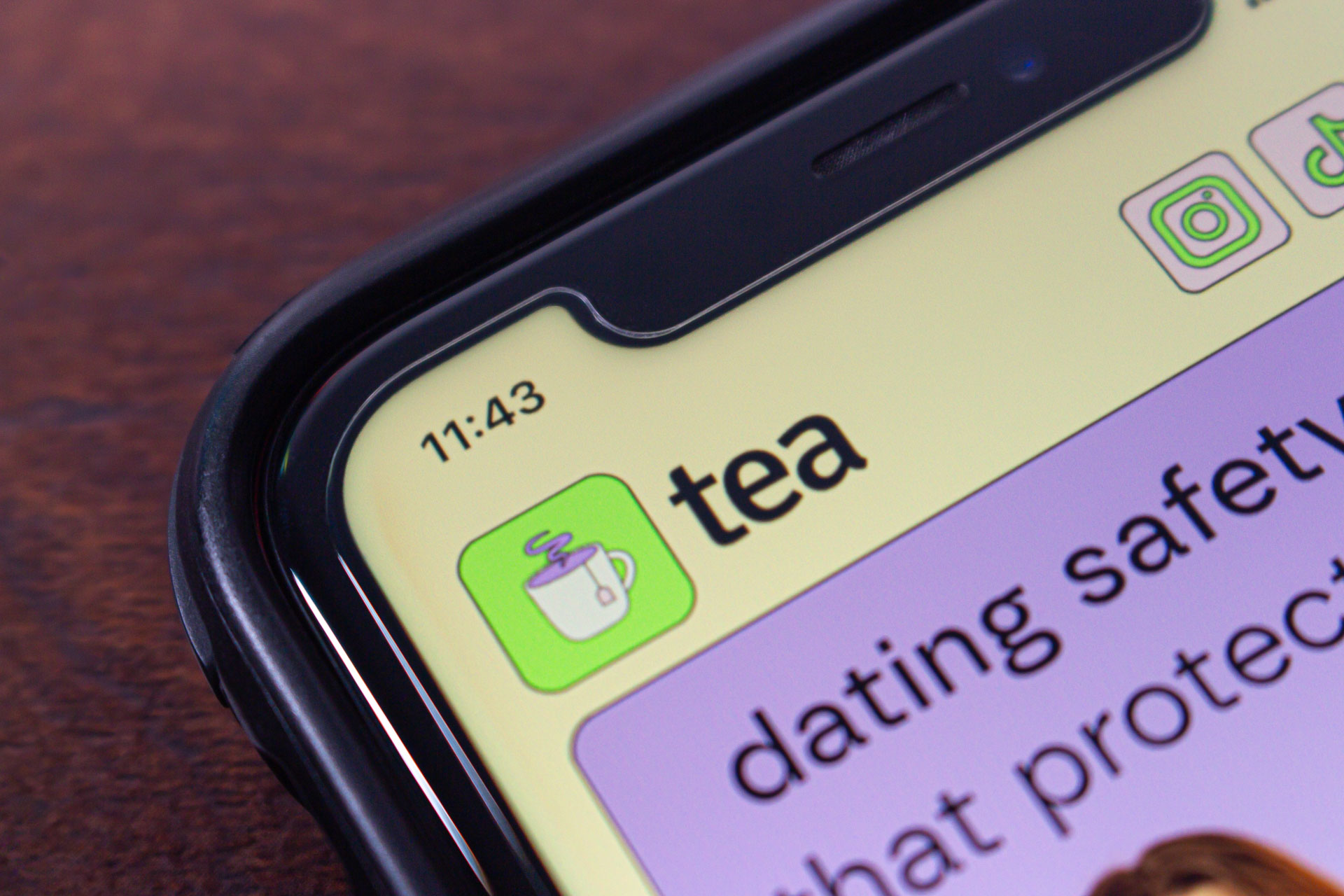Understanding Sexual Consent

Sexual consent is a fundamental aspect of sexual health and wellbeing. According to the Australian Government’s Department of Social Services, consent is defined as:
“A free, voluntary, and informed agreement between people to participate in a sexual act. Consent exists only when all parties genuinely want to engage and actively ensure their partner does too.”
Consent applies to a range of sexual activities, including:
- Sexual intercourse
- Sexual touching
- Sharing sexual images
- Online sexual activity
It is important to understand that consent is required regardless of the type of relationship, whether it is a long-term partnership, casual encounter, engagement with a sex worker, or friends-with-benefits arrangement. Consent must always be freely given, without pressure, coercion, or expectation of exchange.
Core Principles of Sexual Consent
1. Consent is Free and Voluntary
- Consent must be given freely and without any form of coercion. It is not valid if someone experiences:
- Violence or intimidation
- Pressure or threats
- Humiliation
- Manipulation or control
- Consent should never be conditional; it must be a genuine and voluntary choice.
2. Consent is Clear and Informed
- All parties must understand and agree to the sexual activity.
- Consent to one activity (e.g., kissing) does not imply consent to other activities.
- Partners should discuss boundaries, contraception, and protective measures beforehand.
3. Consent is Affirmative and Communicated
- Consent requires active communication, either verbally, through clear non-verbal cues, or in writing (including online contexts).
- Silence, hesitation, or physical arousal does not equal consent.
- There are no “degrees” of consent, it is either present or absent.
4. Consent is Ongoing and Mutual
- Consent is a continuous process. Anyone can withdraw consent at any point.
- All parties must want to participate; if even one person does not consent, the activity must stop.
5. Consent Requires Capacity
- All participants must be able to give consent. Individuals cannot consent if they are:
- Below the age of consent (varies between 16 and 17 in Australia)
- Under the influence of drugs or alcohol
- Unconscious or otherwise unable to communicate
Withdrawing Consent
Anyone can withdraw consent at any time, no explanation is required. Reasons may include feeling:
- Unsafe or uncomfortable
- Disinterested or changed in mind
- Physically or emotionally unwell
Consent can be withdrawn verbally or through facial expressions, gestures, body language, sign language, sounds, or assistive communication devices.
Steps to withdraw consent:
- Remember that NO means NO
- Communicate that you want to stop
- You do not need to provide a reason
- Move away if the other person continues
- Contact support services if you feel unsafe
Sexual Consent Online
Consent in online sexual activity (e.g., sexting, nude images, or video calls) is equally important. According to the eSafety Commissioner, consent online must be:
- Freely given, without pressure, manipulation, or coercion
- Provided by someone capable of consent (not underage, intoxicated, or coerced)
- Clearly communicated; uncertainty or hesitation does not constitute consent
Withdrawing consent online:
- Indicate clearly that you want to stop
- Disconnect if the other person continues
- Contact support services if feeling unsafe
Consent is an ongoing, voluntary agreement that can be withdrawn at any time. Remember: “No” is a complete sentence! It does not require explanation or advance notice. Respecting this principle is essential to ensuring safety, autonomy, and mutual respect in all sexual interactions.
Support Services
If you or someone you know needs assistance or advice regarding sexual consent or safety, free services are available:
- 13YARN – Aboriginal and Torres Strait Islander crisis support: 13 92 76
- 1800RESPECT – National Domestic, Family & Sexual Violence Counselling: 1800 737 732
- Kids Helpline – For ages 5–25: 1800 55 1800
- Lifeline – National crisis support: 13 11 14
- QLife – LGBTIQASB+ peer support (3 pm–midnight): 1800 184 527
- Beyond Blue – Mental health support: 1300 22 4636
Learn in a space where your questions are welcome
Join live sessions or watch on demand — all created by professionals who understand the real-world challenges of exploring sexuality, identity and connection.
- Sexuality & identity
- Consent & communication
- Relationships & intimacy
- Confidence & self expression
- Disability & sexual wellness
- Support & education for carers



